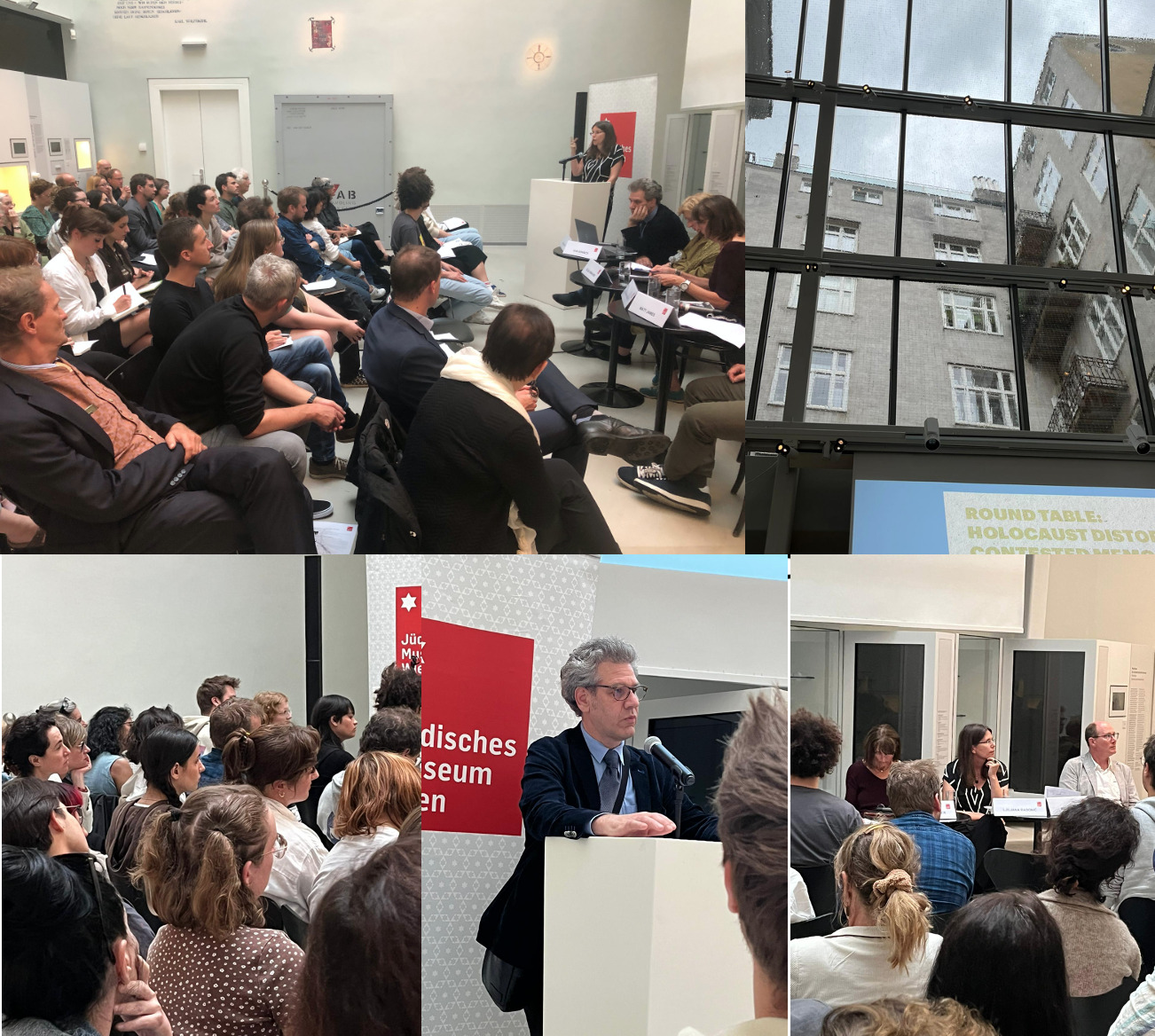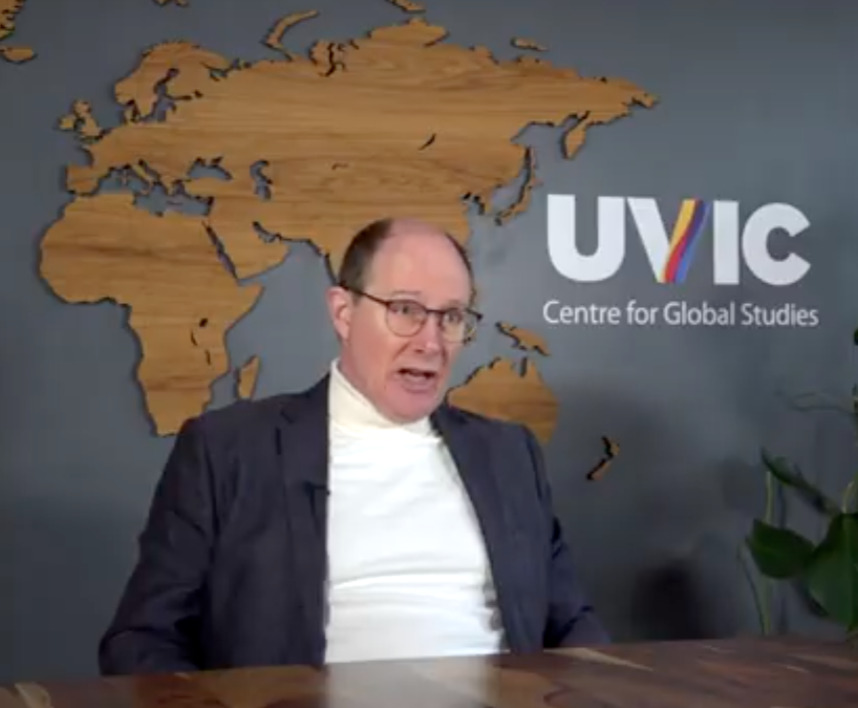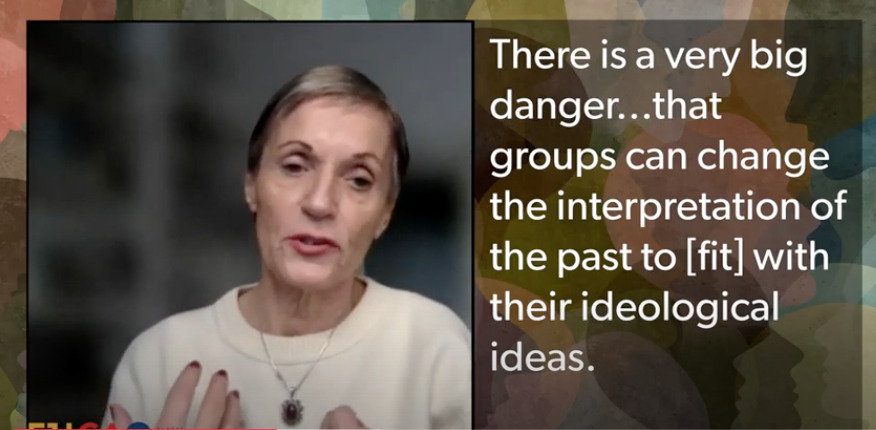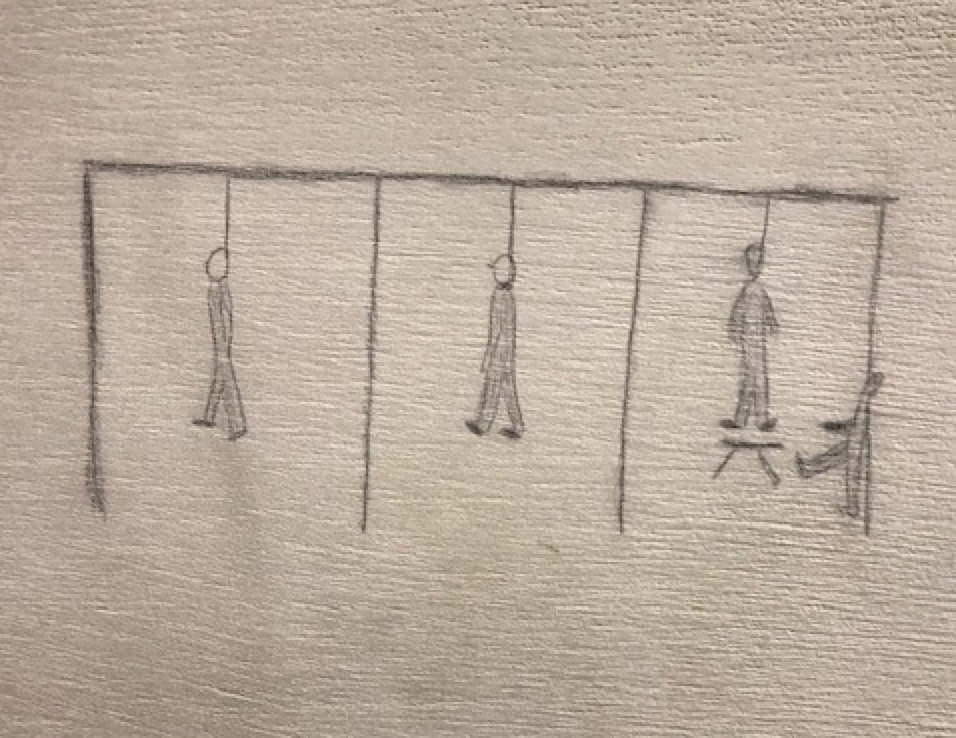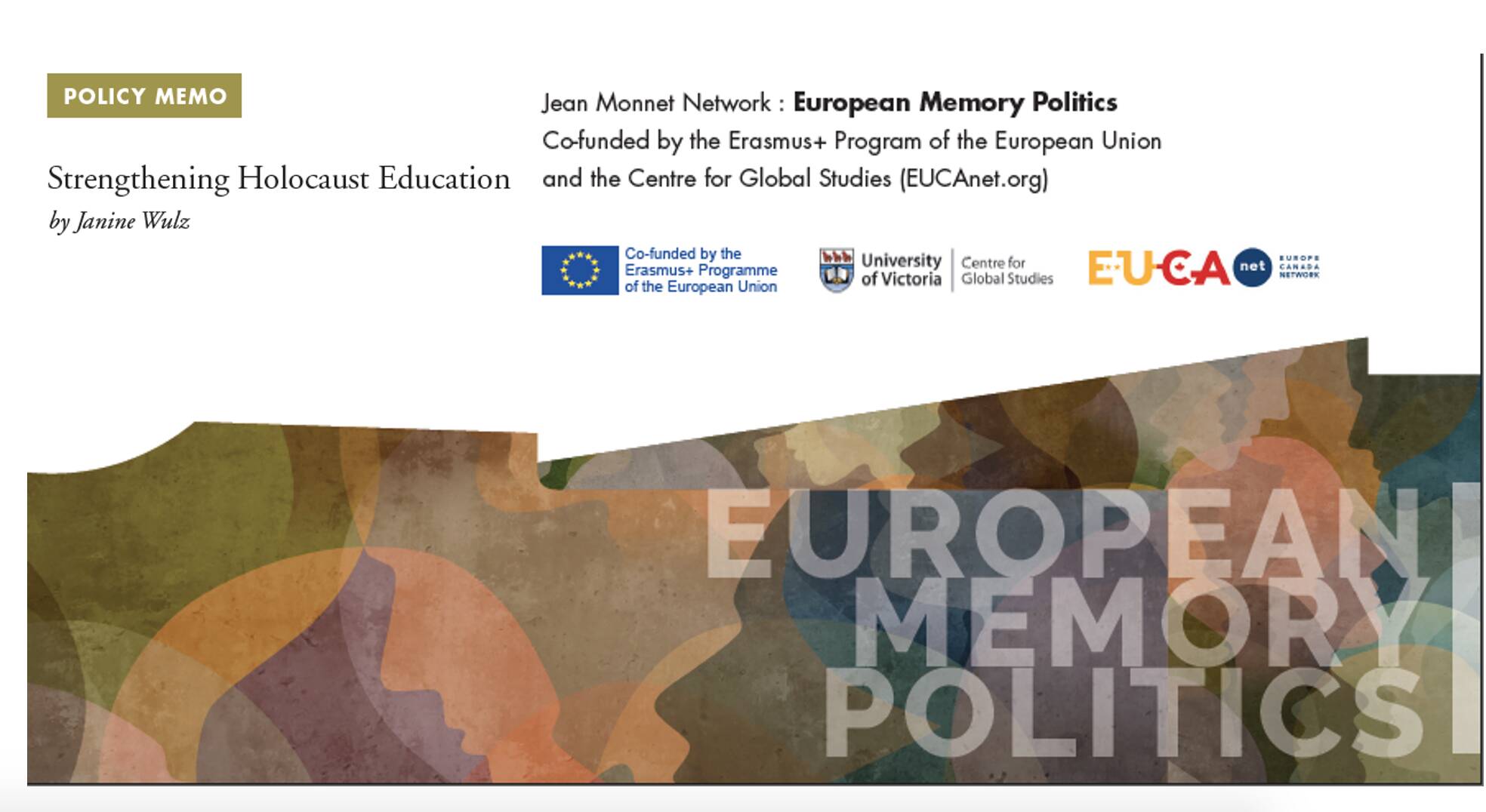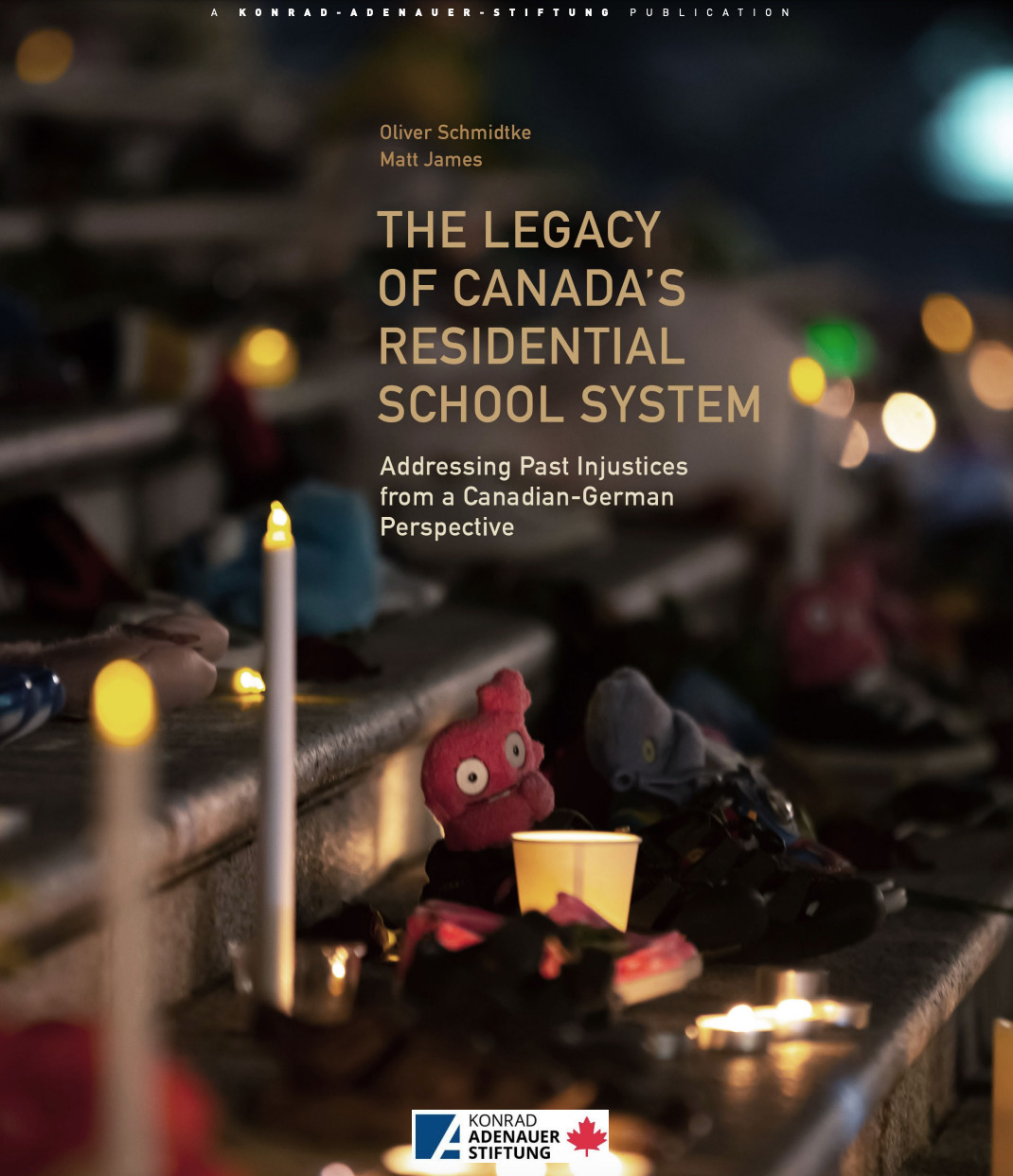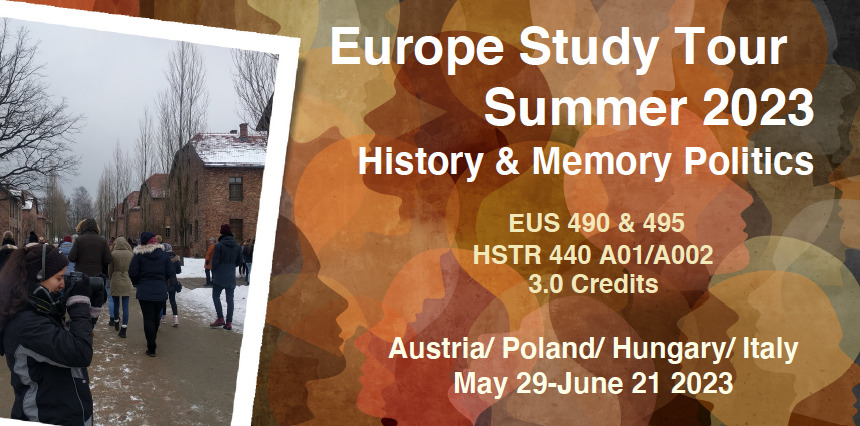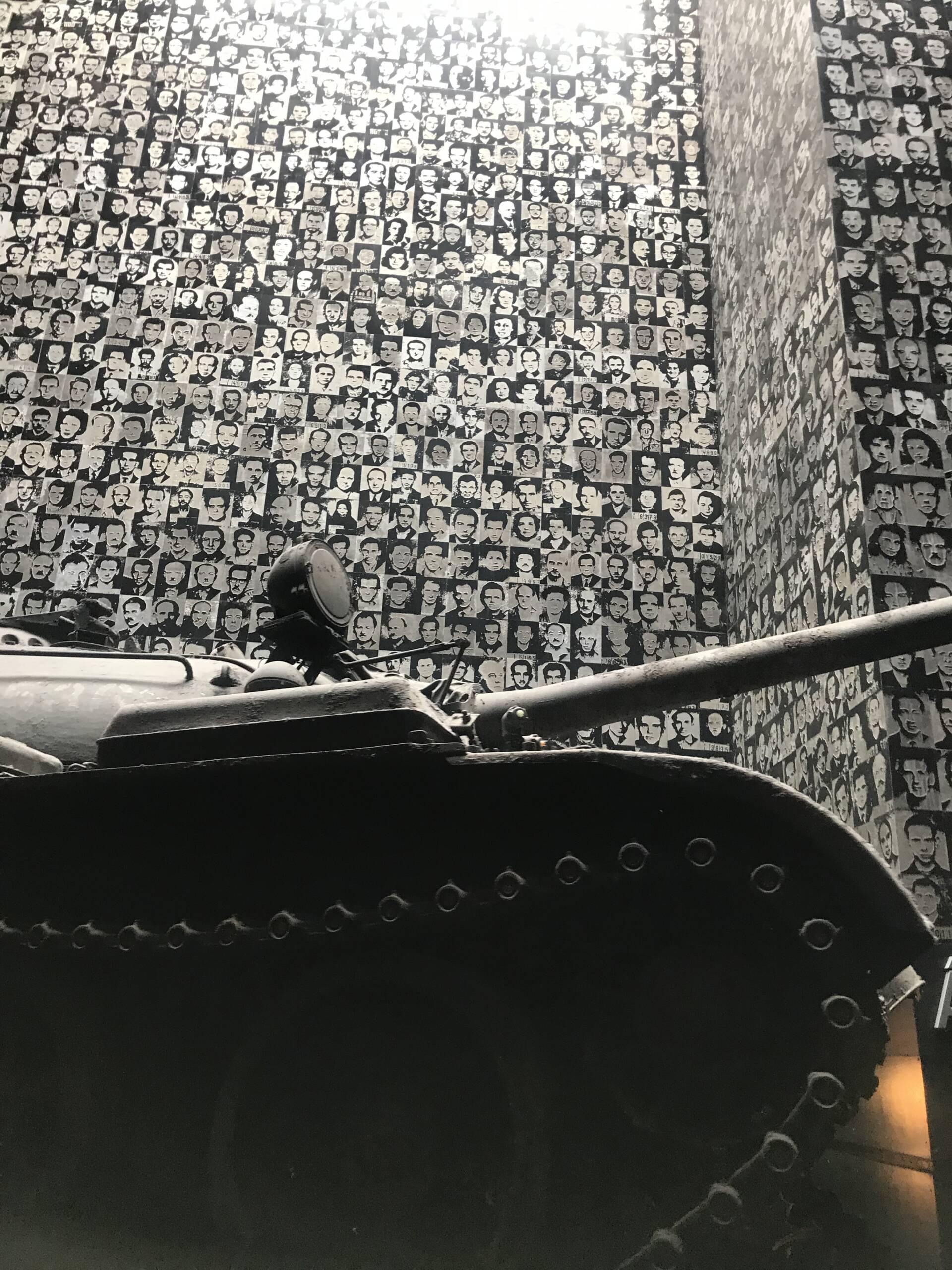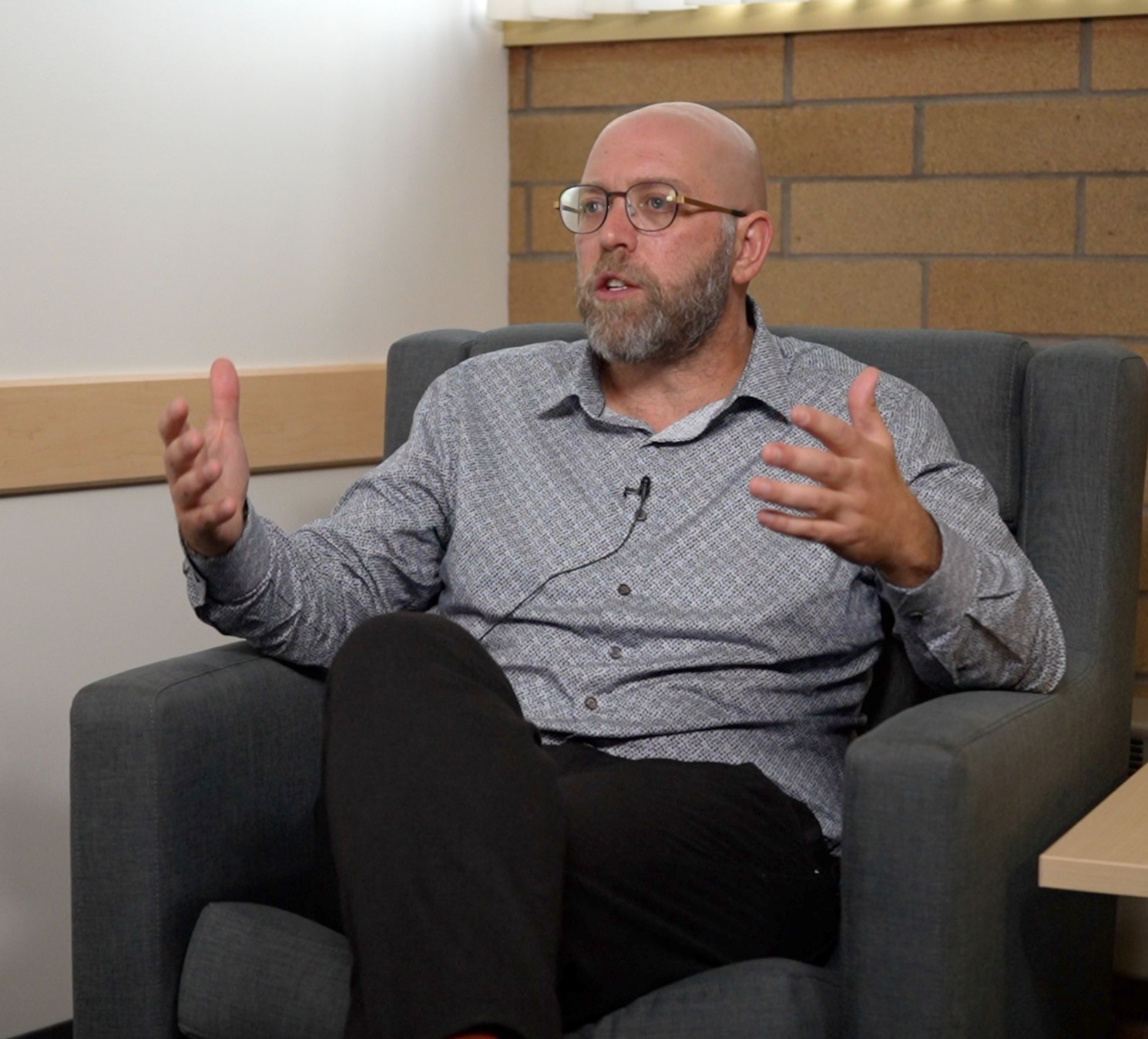Holocaust Distortion: Contested Memory in Europe – Vienna
Jewish Museum Vienna, 5 June 2023
Rising anti-Semitism, an emboldened far right, and the naivetes and misunderstandings of North American observers—all have been top of mind as I reflect on a most stimulating evening chairing a panel at the Jewish Museum of Vienna on Holocaust distortion earlier this week. Addressing the Polish case, historian Jochen Böhler, Director of the Vienna Wiesenthal Institute for Holocaust Studies, explained two polar directions from which issue two equally dangerous sorts of mnemonic mischief. One the one hand, outsiders—no less than former US President Barack Obama committed this grotesque mistake—often misname the Nazi facilities in wartime Poland as “Polish death camps,” impugning a country that suffered unimaginably under an occupation it did not choose. On the other hand, the current Polish government overplays the nation’s wartime heroism, minimizes the complicity of many Poles in Jewish deaths, and targets with all manner of legal harassment those who dare to speak historical truth on these matters.
Austria’s ongoing, writhing conflict surrounding Holocaust memory in a climate of growing anti-Semitism and far-right organizing was the focus of Helga Embacher, Professor of Contemporary History at the University of Salzburg. Even as the Austrian state invests significant resources in Holocaust education, the right’s ongoing insistence on understanding 8 May 1945 as a day of national defeat rather than of liberation from Nazism borders on outright Holocaust denial. For her part, Éva Kovács, Deputy Director for Academic Affairs at the Vienna Wiesenthal Institute for Holocaust Studies and Research Professor at the Centre for Social Sciences and the Hungarian Academy of Sciences Centre of Excellence in Budapest, analyzed the Hungarian case through the International Holocaust Remembrance Alliance’s definition of anti-Semitism. Although legitimate debate about some aspects of that definition is surely possible, the fact that Dr. Kovács was able to show that every element is present in contemporary Hungarian politics testified powerfully to the most concerning situation unfolding in that country.
Finally, the post-Yugoslav memory context was the focus of Ljiljana Radonić’s fascinating presentation. Vice Director of the Institute of Culture Studies and Theatre History at the Austrian Academy of Sciences and lecturer in the Department of Political Science at the University of Vienna, Dr. Radonić explored a wide range of WWII and Holocaust mnemonic activities, showing us that both Serb and Croat institutions offer both moving commemoration and harsh nationalist distortion in complex, sometimes difficult to parse formations. The presentations were received with great interest by a packed audience, which pushed the event past the finishing time in a spirited exchange of queries and views—modelling at least one positive way to engage these difficult times.
Matt James, Department of Political Science, University of Victoria
